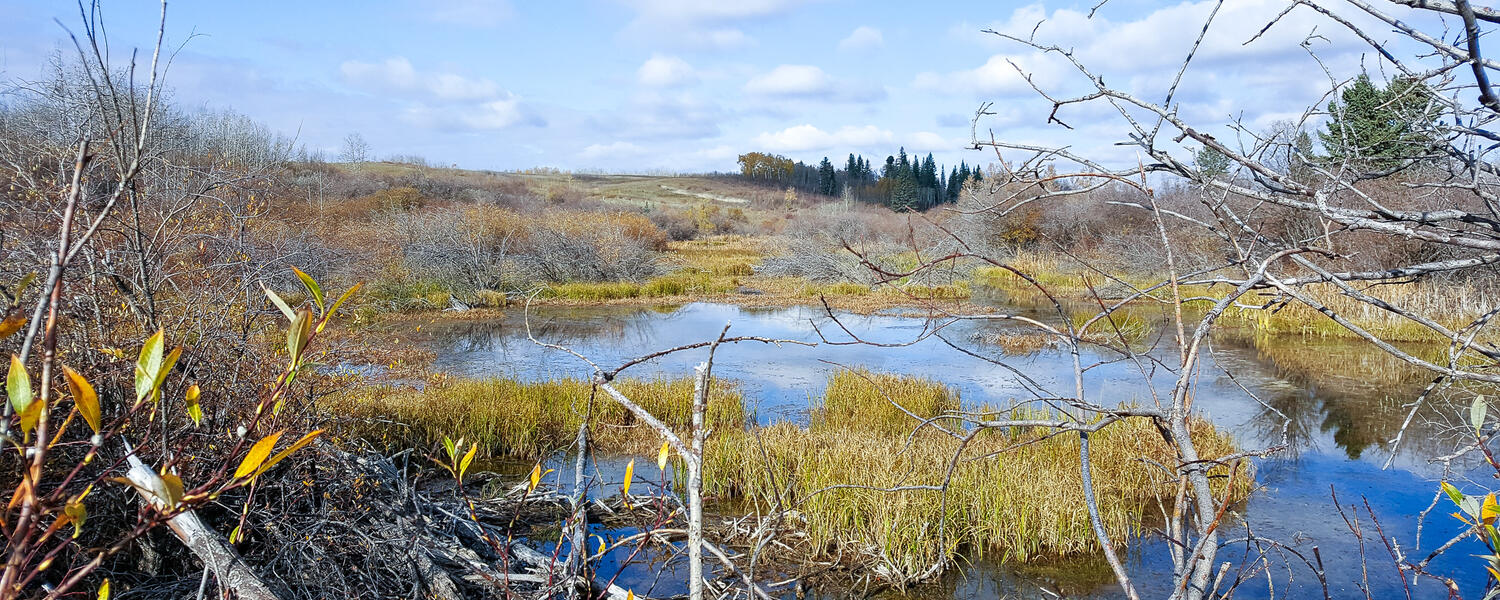
MLA Program Philosophy
SAPL delivers a distinctly different design school experience with an interdisciplinary, design-based philosophy and an entrepreneurial mindset.
The Master of Landscape Architecture program is design studio-based, with an emphasis on urban design, ecological design, regional landscapes and cultural landscapes. Students explore landscape design and planning complexities at different scales, from site to regional. Through core courses, study abroad opportunities and expert-led special topics courses, students examine processes and forms in ecology, urbanization, land use and social dynamics. Students have the opportunity to work with and learn from professionals across different disciplines, including planners, architects, and engineers, and work on projects directly involving communities, local governments and the industry.
The Program has built its identity around the following educational principles and goals:
Design studio-based.
Studio is a teaching and learning format that engages students in experiential learning through problem identification, analysis, and the design of interventions for preferred outcomes. A traditional part of design education, studios engage students in real or simulated project situations and problem-solving endeavors that result in physical or spatial design outcomes.
Process and Form.
Landscape Architects work with natural and anthropogenic processes. Over time, these processes and their interactions have created the patterns and forms in the landscapes around us. Recognizing and understanding this process-form relationship is fundamental to social-ecological design.
Interdisciplinarity.
Like all design professions, landscape architecture focuses on people's interactions with the physical environment. A plurality of expertise and perspectives are needed to comprehensively address environmental and societal needs. Landscape architects will work closely with other professionals—architects, planners, engineers, agronomists, etc.— as well as private sector land owners and developers on both large and small-scale projects. Since the founding of our School, working with other professional programs and disciplines has been the foundation of our educational culture.
Sustainability.
Constructed human environments are complex and multifaceted systems with social, cultural, ecological, and economic flows and interrelationships. The challenge for the planning, architecture, and landscape architecture professions is ensuring that our designs do not create social, economic, and ecological conflicts and trade-offs; conversely, we aim to contribute to sustainable and resilient environments and communities.
Real-world problem-solving.
Professional practice means working with people within legal and governmental institutional frameworks. It is vital that we place professional practice education in that context. We aim to incorporate the real-world practice context as part of students’ experiential learning and collaborate with industry professionals and stakeholders on projects that benefit local landscapes and communities through teaching and research contributions.
